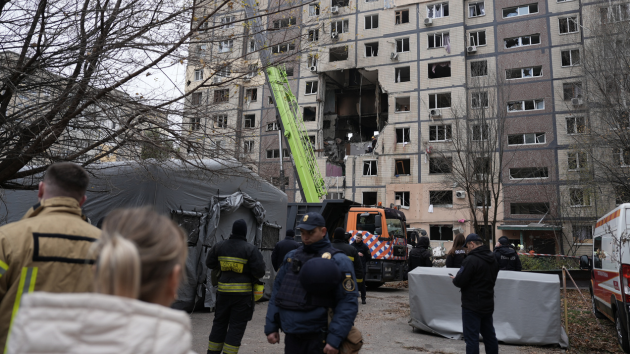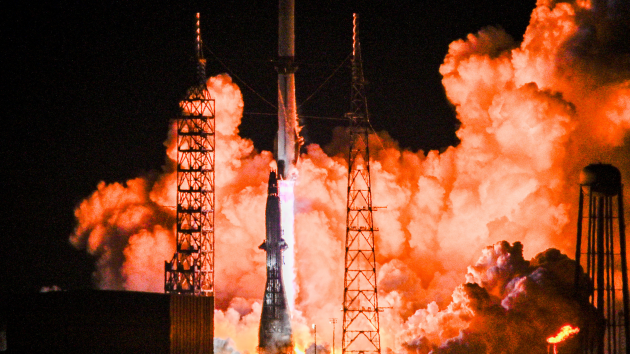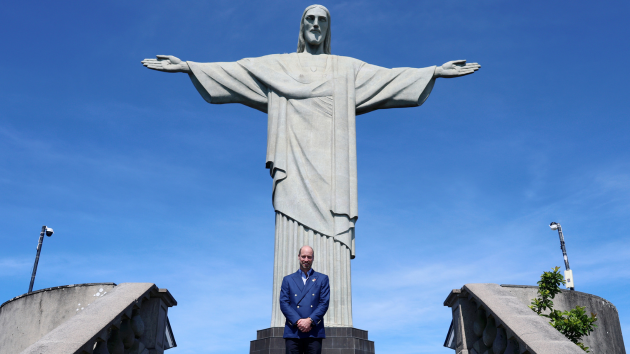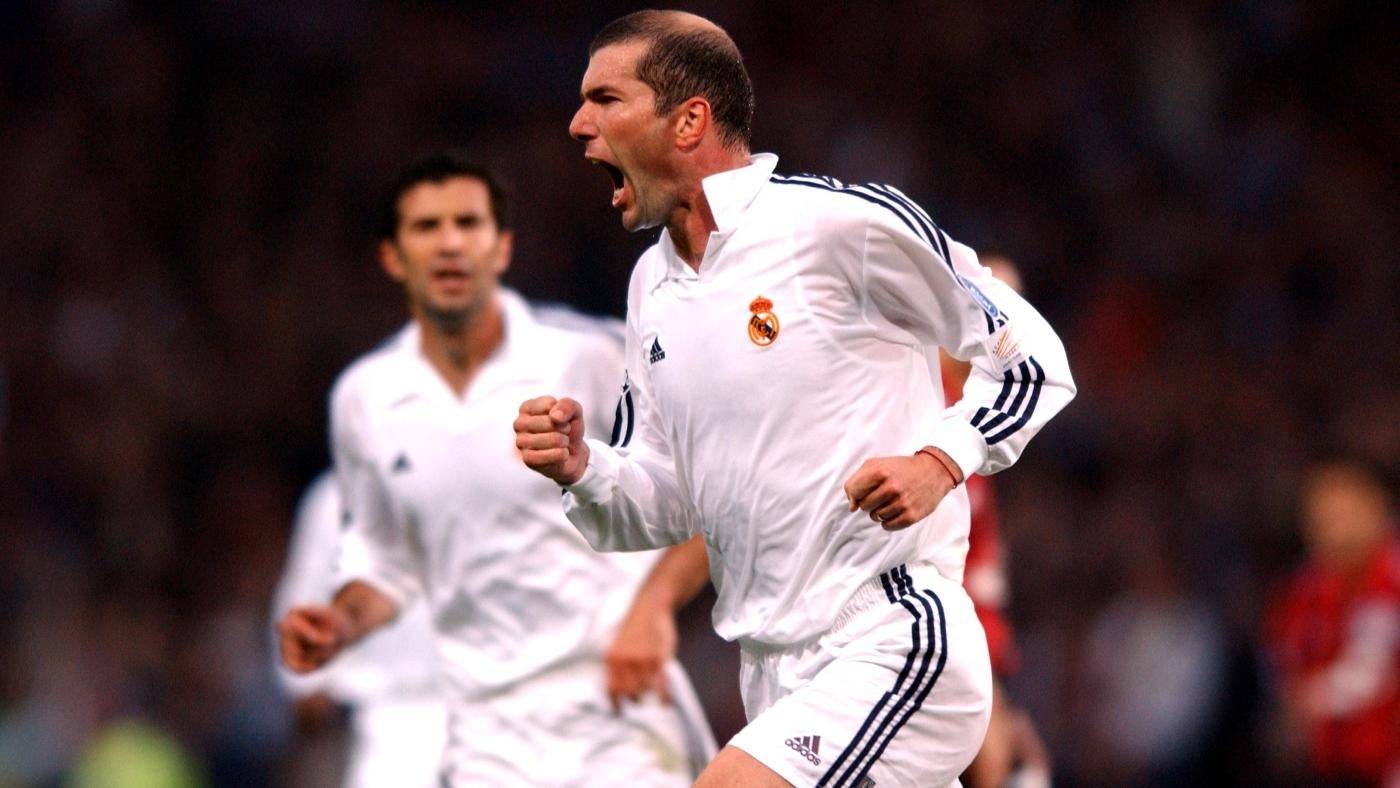Israeli government facing increased condemnation, diplomatic pressure over latest Rafah air strikes
Written by ABC Audio ALL RIGHTS RESERVED on May 29, 2024

(NEW YORK) — The U.S. State Department on Tuesday expressed its “deep concern” over Israeli air strikes Sunday in the southern Gaza city of Rafah that set fire to a tent camp that housed displaced Palestinians, reportedly causing 50 deaths and injuring 249 others, according to the Hamas-run Gaza Ministry of Health.
“As soon as the United States saw reports of this incident, we reached out to the government of Israel to express our deep concern over what happened, ask for more information and urge them to undertake a full investigation,” State Department spokesperson Matthew Miller said during his press briefing Tuesday.
He said in response, the Israeli government had promised a more extensive review that would be “swift, comprehensive and transparent,” and that the U.S. would be “watching those results closely.”
Israeli Prime Minister Benjamin Netanyahu on Monday said that the incident was a “tragic mishap.”
U.S. officials told ABC News that they’ve received information from Israeli officials that they believe the strike may have ignited a nearby fuel storage tank some 100 meters away from the tent camp, or just under 330 feet.
A White House National Security Council spokesperson on Monday said that the “devastating images” coming out of Rafah are “heartbreaking.” The spokesperson also maintained the White House’s position that while Israel “has a right to go after” Hamas, it also must protect civilians.
Prior to Sunday’s attack, more than 35,709 people in Gaza had been killed and more than 79,990 injured since Hamas’ surprise Oct. 7 terrorist attack on Israel, according to the Hamas-run Gaza Ministry of Health. More than 1,700 Israelis have been killed and 8,700 have been injured, according to Israeli officials.
ABC News’ Britt Clennett, in Tel Aviv, Israel, heard from people who said they essentially watched their neighbors being burned alive. She spoke with “Start Here” about the air strikes, and developments in their aftermath.
START HERE: Britt, what happened here?
CLENNETT: So we saw those images – screams of horror we could hear and what looked like a burning inferno. The frightful, frantic moments just after Israeli strikes really engulfed a refugee camp in western Rafah on Sunday night. There were desperate attempts to put out the flames and pull out anyone that they could from the blaze. Many people treated with severe burns and shrapnel injuries. There were images of charred and dismembered bodies, you know, and these are the images prompting an outcry now from global leaders.
START HERE: But Britt, what was the strike? What was the intent of it? Was this focused on a civilian community, or what happened?
CLENNETT: So the IDF (Israeli Defense Forces) said that this was a bombing that targeted senior Hamas militants in a precision strike, which really appears to have ignited fires that spread very quickly through those tents and makeshift accommodation. Israeli officials have now spent much of the time in the aftermath of this scrambling to find out what went wrong in Rafah. You know, how did this precision strike, many people are asking, using specialized munitions with reduced warheads, you know, result in a firestorm which killed dozens and injured scores more? Then we heard from Israeli Prime Minister Benjamin Netanyahu, who said the strike on Sunday was a tragic mishap and that the Israelis are carrying out an investigation into what went wrong.
START HERE: What was the reaction? Because that also seems like part of the story as well, right? Reaction not just from Gaza but from around the world.
CLENNETT: There are a lot of aid groups lining up to condemn this strike. Israel’s government is facing diplomatic pressure on unprecedented levels over its war in Gaza, while also dealing with pressure at home to return the hostages. Now, this strike – one of the deadliest we’ve seen in Rafah, the southernmost city in Gaza – it came just two days after the International Court of Justice in The Hague, which arbitrates between states, ordered Israel to stop its operation in Rafah immediately. So some aid groups are saying, well, this is a slap in the face. And we’ve heard from the U.N.’s human rights chief, who said the attack suggested that there had been no apparent change in the methods and the means of warfare used by Israel that have already led to so many civilian deaths. So this is expected to have a lot of geopolitical weight, and it adds to this growing isolation that we’re seeing of Israel on the world stage.
START HERE: That makes me think of the U.S. response, because President Biden had talked about the consequences of firing on civilian areas. Does this cross a threshold for the U.S. now?
CLENNETT: Rafah has always been a major sticking point. Now, we have heard from the National Security Council spokesperson calling the images out of Rafah devastating and heartbreaking, adding that Israel must protect civilians, though maintaining the White House position that Israel has a right to go after Hamas. We know that that is something that the white House has said, that Israel has a right to self-defend and to defend its civilians. However, in the face of growing condemnation and the fact that the U.S. is a supplier of arms which are used in Gaza, this all combined creates a lot of pressure for Biden.
START HERE: Can we talk about the wider view of Rafah here? How populated is it even right now? Because I know Israel had issued evacuation orders to, you know, get out of Rafah. It’s not safe here anymore. But it seems so difficult to move safely. It seems like people are unclear what awaits them anywhere else. But if you do stay there, does it seem like more of this is going to be on the way?
CLENNETT: So the population of Rafah was about 1.4 million before people started to move around. The U.N. said 800,000 people, about half of the Rafah population, had evacuated. As soon as I heard about these strikes, I spoke to a family who I have been speaking to since the start of this war. They’ve moved five times, and now they’re in western Rafah. They said that they could hear the ambulances, that they could hear the explosions. And so I think it was important that, you know, we are reminded that these are real people with real stories, with real lives.
And when I asked this family, you know, “Are you going to leave?” They said, well, we haven’t had the directive from the IDF yet. But certainly, all these strikes are creating so much fear for them that they’re wondering whether they should just pack their bags again and go. The question is, where do you go when aid groups are saying nowhere is safe in Gaza right now?
START HERE: And that is the phrase that U.N. representatives have been saying, that it is literally not safe anywhere. So good luck finding some neighborhood that’s going to be unaffected from here on out. Britt Clennett, there in Tel Aviv, thank you so much.
Copyright © 2024, ABC Audio. All rights reserved.





